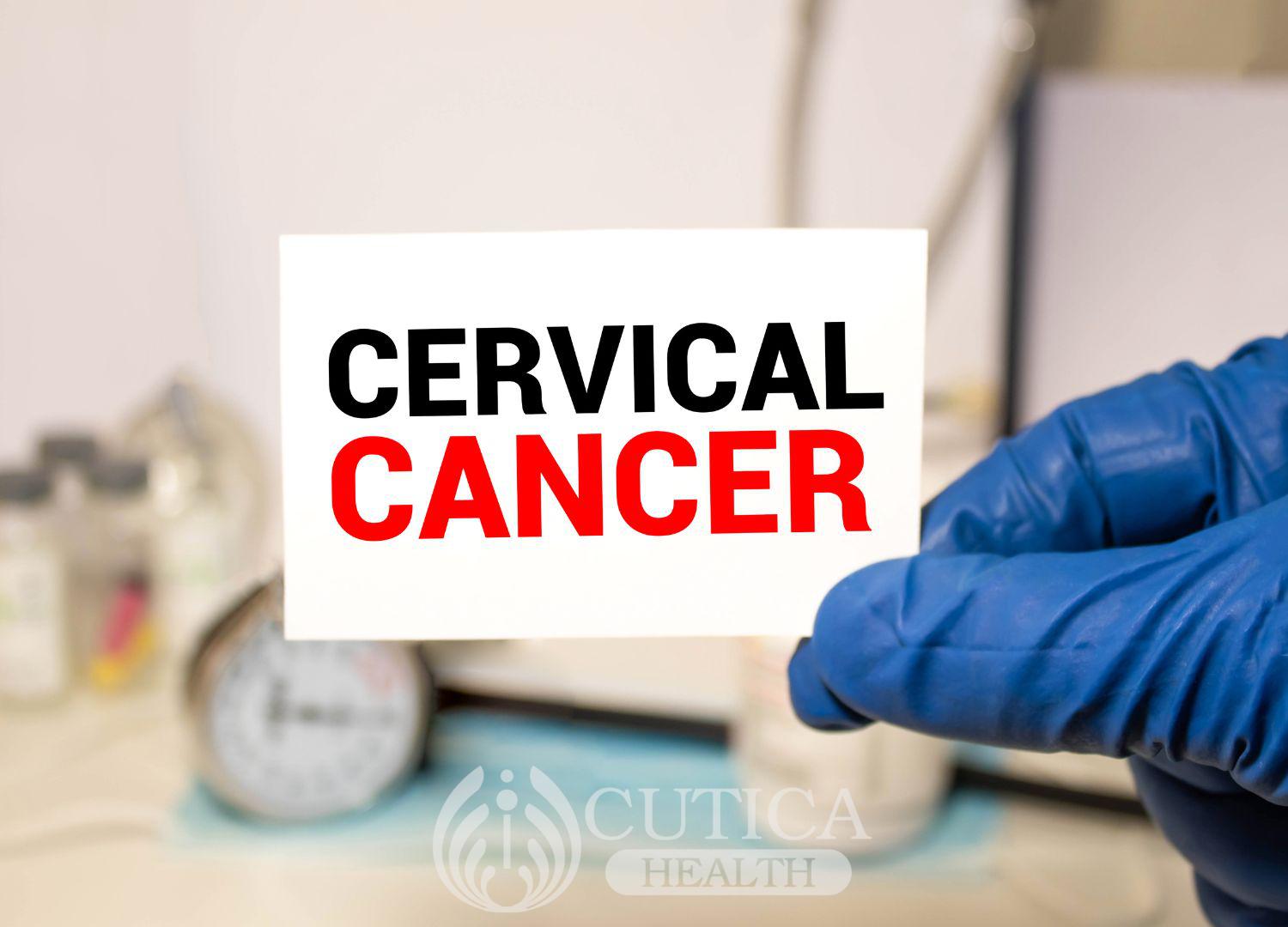
Cervical cancer is one of the most common cancers that affect women worldwide. In Africa, more women are developing cervical cancer and it accounts for about 20 percent of cancer cases diagnosed each year. With more than 120,000 cases of cervical cancer yearly, African nations have one of the highest rates of cervical cancer in the world. It is the second most common cancer among women in Nigeria.

But what is cervical cancer?
Cervical cancer is cancer that affects the lower end of the womb that opens into the vagina called the cervix. Nearly all cases of cervical cancer are caused by infection with certain strains of the human papillomavirus (HPV). This virus is transmitted via unprotected vaginal, anal, or oral sexual intercourse and it takes many years for the infection to trigger cancerous changes in the cervix.
Risk Factors for Cervical Cancer
Your risk of cervical cancer is higher in the presence of any of these conditions:
- Contracting HPV infection
- Having multiple sexual partners
- Early onset of sexual intercourse
- Having HIV or diseases that lower your body’s ability to fight disease-causing bugs
- Smoking
- Using birth control pills for a long time.

Cervical cancer causes death if not caught early. Because the disease takes years to develop, many women may not know they are at the early stages of the disease until it progresses. This is the reason why cervical cancer screening is important.
What is Cervical Screening?
Cervical screening is one of the most effective ways of preventing cervical cancer. The screening uses tests to check for the presence of the HPV in the cervix and also check the cells of the cervix for precancerous or cancerous changes.
The primary screening test is called a pap smear or pap test. This test takes a smear of cells from your cervix (using a small medical brush) and analyzes it in the laboratory to check for the virus. The test is usually available for women from the ages of 25 and is recommended every 3 years. After the age of 50, you could have it done every 5 years.

Your healthcare provider will provide the results of the test within 2 to 4 weeks. What happens next depends on what the results are:
- If you have a normal Pap test, you will be scheduled for your next routine pap test – within 3-5 years depending on your age.
- If there are suggestive (pre-cancerous) changes in your cervical cells, treatment may include a procedure called colposcopy, which involves using a camera tube to take a closer look at your cervix.

Cervical screening is an important tool for preventing cervical cancer. Check your local health guidelines to see if you are eligible for screening and don’t hesitate to book an appointment to have one.












